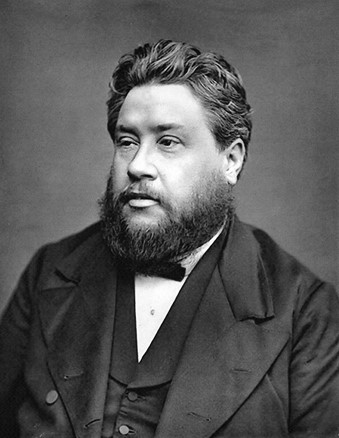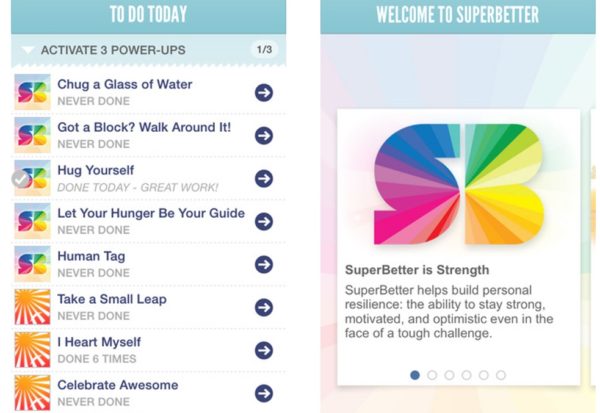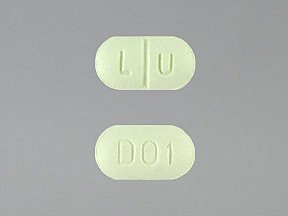When I’m depressed, I can’t grasp it. When I’m not, I can’t grasp it. There is always an element of doubt to the most wonderful things, because there is always some amount of disbelief to wonder. You can’t really even feel awe without doubt.
But as Jesus says to a doubting John the Baptist in Luke, “The blind see, the lame walk, those with leprosy are cured.”
And to our doubts, as he prays to the Father in John 17: “I want these whom you have given me to be where I am.”
And Jesus is in a good place.
Hillsong:“Who am I that the highest King would welcome me?
I was lost but he brought me in — oh, his love for me.
Who the Son sets free, oh is free indeed.
I’m a child of God, yes, I am.
In my Father’s house, there’s a place for me.
I’m a child of God, yes I am.
I am chosen, not forsaken. I am who you say I am.
You are for me, not against me.”






